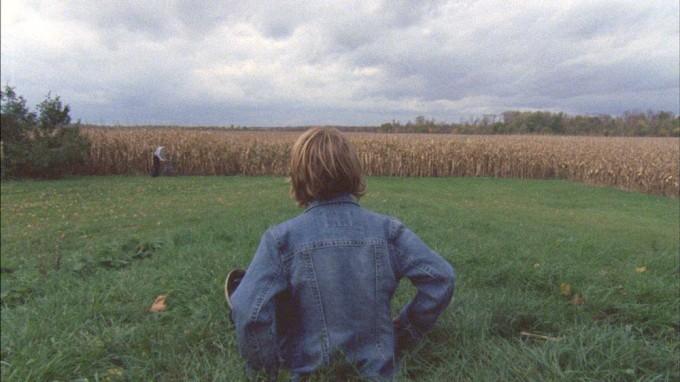By Nicole Schmidt
Andrew Moir used to spend his childhood days at his father’s farm near Lucan, a short drive from London, Ont.
“I have these memories of me spending time with [my father] in his fields,” he said.
Moir’s father was diagnosed with ALS – an incurable, fatal illness that affects mobility, speech, and in later stages, the ability to swallow and breathe – when Moir was three years old.
His dad is now paralyzed and cannot breathe without the help of a ventilator.
So when the Ryerson film graduate first began creating his documentary,
Just As I Remember, he did not know exactly how it would unfold. The film closely follows the lives of two men living with ALS.
Brad, a father of three, still in the early stages of the disease, and Moir’s own dad.
The final product has received a lot of positive attention, earning Moir the 2012 Manulife Financial Best Student Film Award and a $5,000 cash prize.
As the narrator of the film, Moir relates Brad’s story back to his childhood, reflecting on what it was like growing up with a father who has ALS.
“I made this film because I wanted to re-experience my childhood and learn more about my dad,” said Moir. “As much as the film is about Brad, the spine of it is about me reexperiencing my childhood through him.”
Since his father was paralyzed, there were things that his family couldn’t do, but regardless, he still lead a normal life, saying he didn’t feel like the illness affected him in a negative way.
But the documentary doesn’t only focus on the topic of the disease and the patients. It deals with how it changes and shapes a family.
“It’s a very human story. I think that it appeals to a lot of people because it’s about basic things like being a child, having parents, being a parent, and family,” said Rachel McParland, the editor of the film.
Moir started developing his idea for the documentary during the summer of 2011. He began the process by meeting with different families living with ALS.
Brad’s family was the first one that Moir met with, and right away he knew that he wanted them to be a part of his documentary.
Although he had a general idea about the direction he wanted to take in his work, he didn’t know what was going to happen because at first, Brad and his family were unsure about whether or not they wanted to participate.
The film was shot over a ninemonth period. During that time, Moir interviewed Brad and his family with his cinematographer, shooting footage of their every day lives.
At the end of the nine months, Moir worked with the collected material, editing and shaping a story from what he had gathered, and creating what became an awardwinning documentary.
“I can’t say that it was a shock because I knew it was great,” said McParland.
For Moir, the film is about helping viewers extract a better understanding of the resilience a parent can face, as well as what they are willing to do to protect their children.
“It’s a chance for people to see personal bravery in the face of different realities,” said Moir.
Because his dad is now bed-ridden, Moir says what he misses the most are those childhood days he spent with his father on the fields.













Heather
March 26th will mark the 2nd anniversary of losing my Dad to ALS. This sounds like a powerful film. How can I see it?